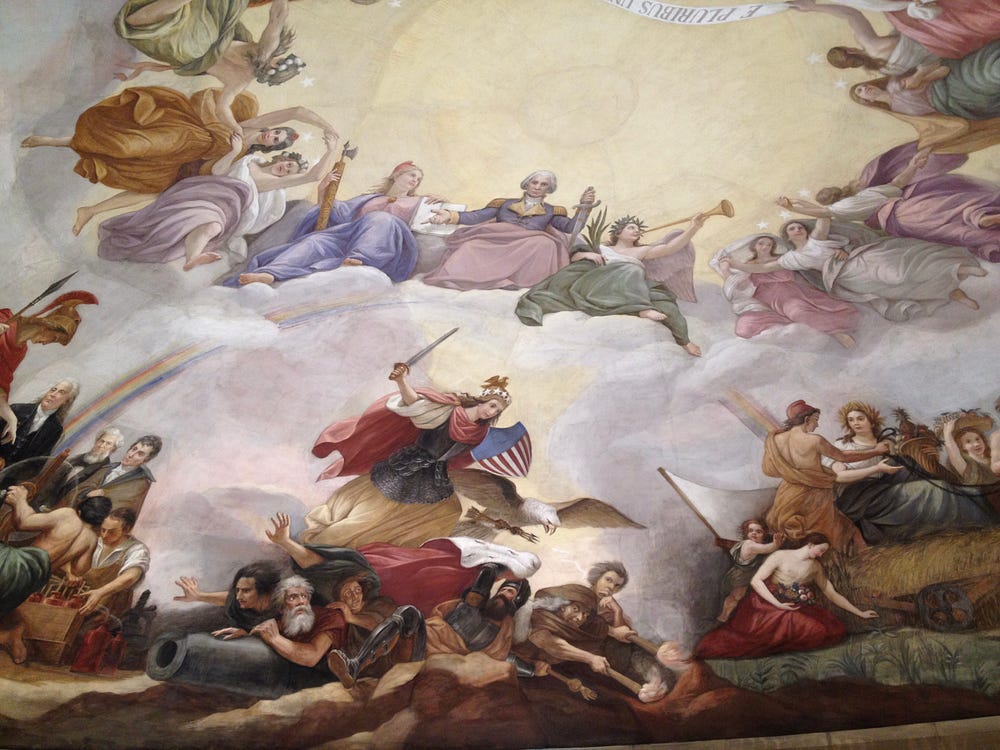RICHMOND, VA — A federal judge in Charlottesville has granted an injunction to prevent the Virginia Department of Motor Vehicles from enforcing a state law that requires automatic suspension of driver’s licenses for failure to pay court fines and costs.The judge also required the agency to reinstate the licenses of three plaintiffs and refrain from suspending those of two others.
U.S. District Judge Norman K. Moon issued the injunction on Friday against DMV Commissioner Rick Holcomb, whom he ordered to cease enforcing the agency policy against the five plaintiffs, remove suspensions on their licenses and refrain from charging a $145 fee to reinstate their driving privileges.
The Charlottesville, Virginia Legal Aid Justice Center announces that on the heels of Governor Ralph Northam’s announcement earlier this week of his support for ending license suspension in Virginia of people too poor to pay court debt, and rulings earlier this year by two federal courts in Tennessee and Michigan declaring similar statutes unconstitutional. The ruling currently affects only the five named Plaintiffs unless and until the Court rules on Plaintiffs’ pending motion for class certification. Repeal legislation sponsored by Senator Bill Stanley will be considered by the General Assembly during the upcoming 2019 session.
Stinnie v. Holcomb is a class action lawsuit, filed by Legal Aid Justice Center (LAJC) and McGuireWoods LLP, challenging the constitutionality of Virginia’s statute automatically suspending the driver’s licenses of nearly one million Virginia drivers who cannot afford to pay court costs and fines. The case was originally dismissed at the Circuit Court, but it was revived by the Fourth Circuit this summer when the appeals court allowed plaintiffs to amend their complaint. When LAJC filed the amended complaint, they also asked the court to issue a preliminary injunction, which would have the effect of ordering the DMV Commissioner to stop suspending driver’s licenses for non-payment of court debt while the lawsuit is pending. On November 15th, Judge Moon took evidence and heard arguments for and against the preliminary injunction.
On December 21, Judge Moon granted the preliminary injunction finding the driver’s license suspension statute likely unconstitutional and ordering the DMV Commissioner to reinstate Plaintiffs’ licenses while litigation proceeds. The Court also rejected the Commissioner’s arguments that the federal court lacked jurisdiction.
National and Statewide Implications:
- Virginia is one of 43 states that suspend driver’s licenses for non-payment of court costs and fines related to traffic and/or criminal offenses. Since Stinnie was originally filed in 2016, six more statewide lawsuits have been filed (or almost filed) in California, Tennessee, Michigan, Montana, Mississippi (settled pre-filing), and North Carolina, and advocates have won legislative reforms in many states, including California and, most recently, D.C.
- A federal judge recently issued a statewide injunction against a similar enforcement scheme in Tennessee.
- This ruling will not impact the nearly one million Virginia drivers who, as of December 2017, currently have at least one suspension on their license for failure to pay, including approximately 650,000 people whose licenses are suspended solely for not paying court costs and fines.
- For many drivers, a license suspension means giving up their only mode of transportation to work, forcing them to choose between losing their jobs and risking jail time for driving on a suspended license. These long-suffering Virginia drivers will continue to endure a never-ending cycle of debt and incarceration, so long as the law forces them to choose between driving illegally and forsaking the needs of their families.
To read more about the lawsuit, or to download the briefs, go to http://www.justice4all.org/drive.

